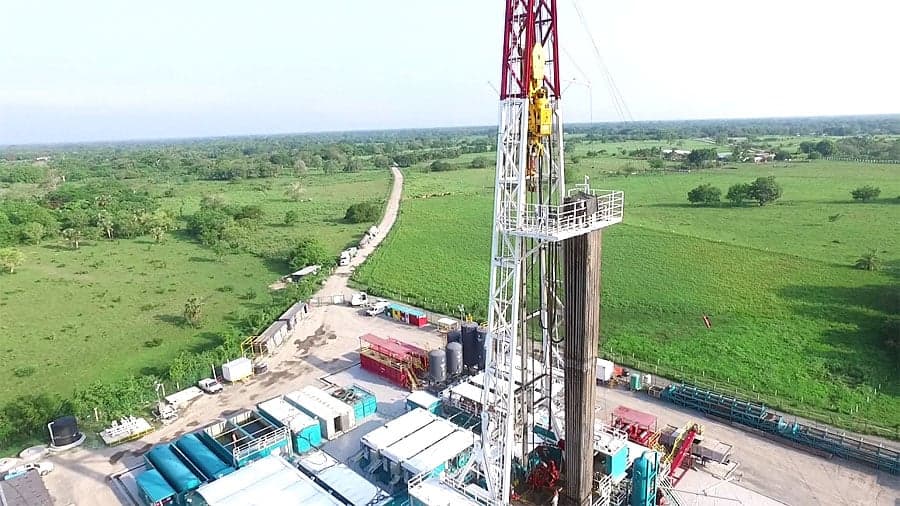In Canada "we've raised taxes, we're increasing costs because of labour laws that are changing, we aren't building pipelines and we can't get federal or provincial governments to do anything to help us."
A growing number of Canadian drilling rigs are being moved south of the border to take advantage of brighter prospects for oil and gas in the United States – and observers say it's unlikely they will ever return home.
In January, Calgary-based Akita Drilling announced it would enter the US market by moving a rig from Western Canada into the prolific Permian Basin in West Texas. It said it is looking at moving more rigs south.
Meanwhile, Calgary-based Trinidad Drilling will move two idle drilling rigs from Western Canada to the same Texas oilfield, noting the move will boost its US fleet to 69 rigs compared with 68 in Canada.
Trinidad's American customers are so eager to hire Canadian rigs they are willing to help pay relocation costs, CEO Brent Conway said in an interview last week with The Canadian Press agency, adding he would rather avoid the headaches of a move if he could find profitable work in Canada.
He said the investment climate in the US makes him doubtful the rigs will ever return. And he may move more rigs south if customer demand remains strong.
"What's happening in the US? They're lowering taxes, they're building pipelines and they're starting to export oil," he said. In Canada, he said, "we've raised taxes, we're increasing costs because of labour laws that are changing, we aren't building pipelines and we can't get federal or provincial governments to do anything to help us."
He said Canadian crew members likely won't move with their rigs to the US. Those rigs will instead be crewed by new American workers.
In a report last week, CIBC Capital Markets researchers said they expect Canadian oil and gas exploration activity will remain at a depressed rate in 2018. "This will be in stark contrast to the Lower 48 where we expect US onshore exploration and production spending to accelerate by upwards of 20 percent," CIBC said.
The Canadian Association of Oilwell Drilling Contractors (CAODC) has pointed out that the Trump government's recent corporate tax cuts are making the US even more attractive.
One of Canada’s biggest hurdles continues to be lack of market access for its oil, according to CAODC. The delays in building export pipelines means Canadian production is prevented from getting to markets with better commodity prices, it said.
Popular in Texas:
[su_slider source="posts:21527, 18985, 18647" limit="3" link="post" target="self" width="600" height="300" responsive="yes" title="yes" centered="yes" arrows="yes" pages="yes" mousewheel="yes" autoplay="5000" speed="600" class=""]

